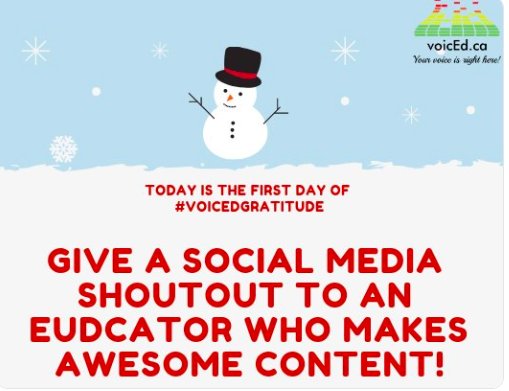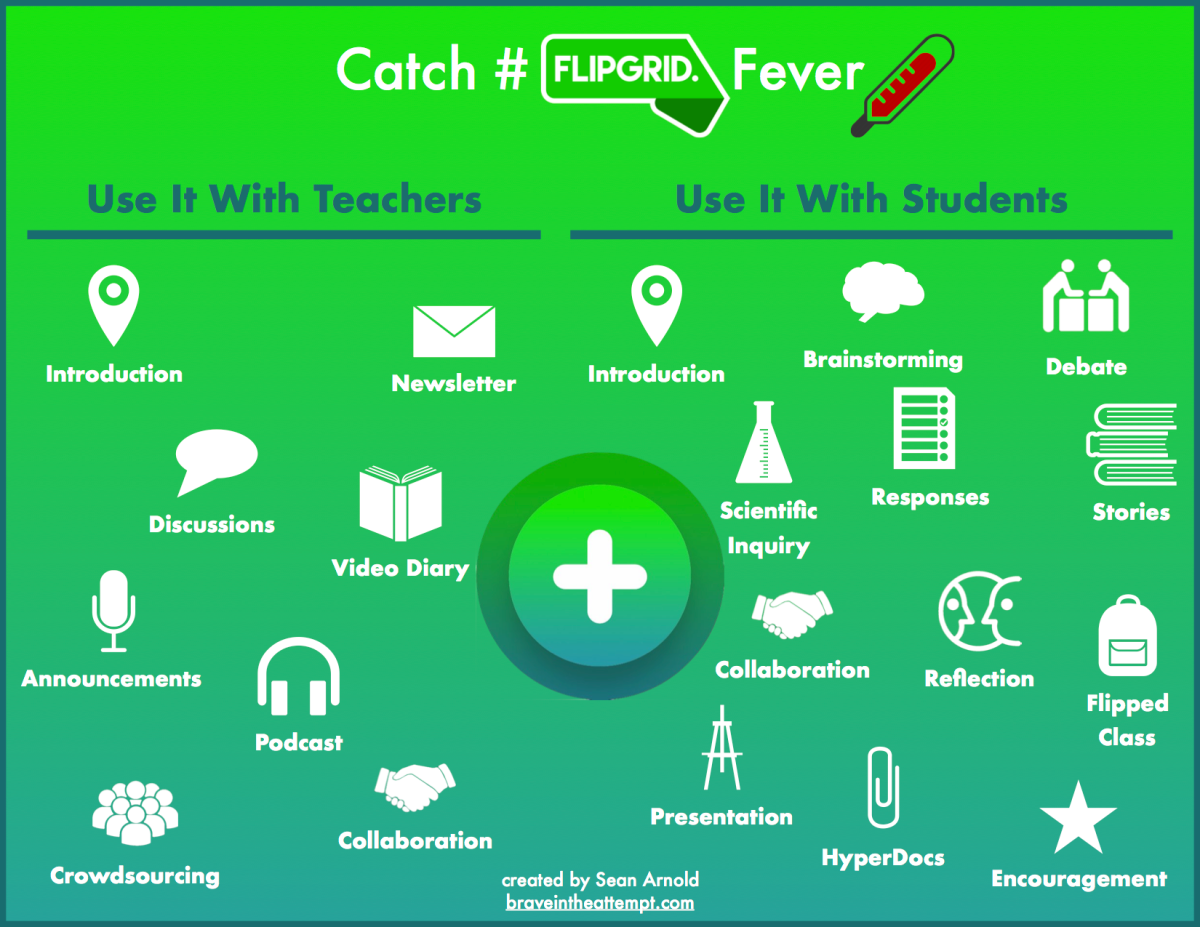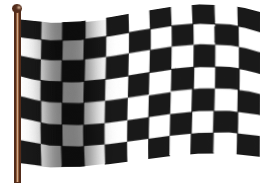Last week I had the honour of co-facilitating a three day Summer Workshop with TVDSB K-8 Literacy Co-ordinator Heidi Solway. Check out Heidi's reflections on here blog
here It was part of the Ontario Teachers Federation Summer Institute Program. We called it: Connecting Your Classroom to the World. This will be a longer post than usual for me - hey, it was 3 days!
If you have never done any Professional Development with the Ontario Teacher's Federation, you should look into it. They run webinars and conferences during the school year, and then in the Summer they run 3 day workshops in locations across Ontario. When you register, the cost to you is $50. That's right, $50 for three whole days. And that's not all folks. If you attend all three days, you get your $50 back! If you like, you can stay in the University or College Residence where the workshop is taking place for the three nights....FREE! They feed you all three days (really well - I don't cook like this - not even for guests or in-laws) and they will pay your mileage one way. All at no cost. Twitter gives me lots of really great PD, but not even Twitter feeds me for free. Check out their offerings at
https://www.otffeo.on.ca/en/learning/ . Click on the subscribe graphic to get regular emails about OTF PD offerings, or check out the calendar on the site.
Anyways, I digress...
Heidi and I worked both together and separately to put our workshop together. I'm not going to lie...it was a lot of work. But, we are both passionate about using technology to make connections for both Teachers and Classrooms, so it really was a labour of love. Here's a look at our syllabus:
Day 1: Our Whys for Connecting to the world, The Global Competencies, Twitter as a PLN and for Student Connections, FlipGrid, and 2 Digital Guests: Jennifer Casa-Todd and Jennifer Nielsen.
Day 2: Portfolios, the Digital Human Library (Presented by guest Presenter Dawn Telfer - Technology Learning Co-ordinator, TVDSB), BookSnaps, Google Sites, Bogging, online Collaboration Tools (Padlet, Popplet, linoit & ThingLink), as well as 2 Digital Guests: Tara Martin & Emil Sherr
Day 3: Google Hangouts and Mystery Hangouts, The Global Read Aloud, Geo Tools (My Maps, Expeditions, GeoGuesser and many others), Examples of Units with Online connections (ie, how to put it all together) and 2 Digital Guests: Leanne Hansen and John David Anderson.
So, now that it is over, some reflections on our Highs and Lows:
 |
| graphic origin unknown |
Twitter:
We shared a graphic about the different stages of Twitter User (see above) and it was interesting to see the wide variety of responses fit almost every one of these stages. We convinced those who did not have a Twitter account to start one, and for everyone to share their learning using our #OTFConnect. There was a large distance in technology skills in our participants - but by the end of the three days, they were all Tweeting and at the very least, considering using Twitter to grow their PLN. An incident that hammered home the power of connecting through Twitter happened on Day 2. One of our participants was at the Jays Game in the evening and happened to Tweet out a picture of herself at the game with the BlueJays hashtag. All of a sudden...her Tweet and picture was on the Jumbotron at the Rogers Center. When she shared this with us the next day...talk about a teachable moment! It was great to help those participants who had never used Twitter before. The joy on their faces when they 1. Sent out their first tweet. 2. Got a response from Heidi, myself or other participants & 3. Got a response from some of our Digital Guests - well it was priceless.
FlipGrid:
This was a big hit with most of our participants. They had a lot of fun playing with the tools, but were also very quick to come up with ways they could utilize this great little activity in their classroom (be it for vlogging, Student Responses, #GridPals, PLN, etc). I had several participants tell me they would be putting this to use right away.
 |
| #BookSnap Example by R. Meharg |
BookSnaps:
We introduced them to using #BookSnaps (created by
Tara Martin if you want to now more, check out her website:
http://www.tarammartin.com/booksnaps-snapping-for-learning/) with students to help them first show their learning by creating the graphic and then to share it by Tweeting or handing it in through Google Classroom. We also talked about how it is a way to share your professional learning the same way. We showed them the variety of ways they can be created on different platforms and devices. Suddenly there were all kinds of BookSnaps being Tweeted out - and not only used our hashtag...they tagged Tara Martin...who responded to them!
 The Digital Human Library
The Digital Human Library
Dawn Telfer is a member of the DHL Board - and gave us a great presentation on the great resource that the DHL is. We had been doing Google Hangouts and discussing the power of having Digital Guest Speakers in our classrooms, but our participants were not sure how to access the guests they might want to have join them. Boom! Dawn showed them how to make those connections through DHL.
 |
| Google Expeditions AR - the Colliseum in Rome. photo via Jason Lay on Twitter |
Google Expeditions (AR & VR)
There were a lot of squeals of delight when investigating the many different AR & VR options in Google Expeditions. Being able to manipulate the images infront of them on their devices was a game changer for many of our participants.
 |
| John David Anderson |
 |
Jennifer Casa-Todd
|
Our Digital Guests:
Our Digital Guests, who joined us via Google Hangout, Skype and Facetime were absolutely fabulous. Did we have technology issues? Absolutely! We were in an environment that was not our own and unfamiliar to us. So, of course, our first Hangout had no sound. Jennifer Casa-Todd was very patient and helpful. We eventually switched to my phone and used FaceTime to connect. We attached the phone to the projector directly so everyone could see her - and everyone was really quiet - luckily the sound was loud enough from the phone for all to hear. Her message about the importance modeling Digital Citizenship and appropriate Social Media use was exactly the message we were trying to get across. She shared resources with our participants through our hashtag on Twitter and responded to questions both live and afterwards on Twitter.
About midway through day 2 we got our tech issues resolved (only took lots of trouble shooting and two of Western's IT staff!) and all was working exactly as it should after that!
 |
| Emil Sherr |
Our visiting authors: Jennifer Neilsen, Emil Sherr and John David Anderson were so generous with their time and shared how important it was for them to get to know their target audience and connect with their readers through Twitter. They all shared that they like to visit classrooms either thru a video link or via Twitter. It was also enlightening for our participants to hear that our guests were not friends of ours. We had never met these folks. We simply sent a message through Twitter. We asked. They said yes. Had they said no, no biggie. But you never know what will happen if you don't put yourself out there and ask.
 |
| Jennifer Neilson |
 |
| Leanne Hanson |
Leanne Hansen joined us for a Mystery Google Hangout. Our participants did not know who she was or where she was from. They could only ask questions with a yes or no answer. It was neat to see how bad they were at this. Students are very good at this - within a few questions they have the hang of the yes or no format and how to narrow down the location using Google Maps. Eventually and with a little help, our participants finally figured out that Leanne was joining us from Gold Coast, Queensland, Australia. Special thanks to Leanne for joining us from the other side of the world at 11:00 pm!
 |
| Tara Martin |
Tara Martin was as real and authentic in person as she is in her book
Be Real, and on Twitter. She was very inspiring and her message of the importance of relationships and cannonballing in when there are things that we are afraid to try or that we consider to be a risk was shared through stories from her life and her classroom. If you get a chance to hear her speak...take it. She will get right into your head and heart.
Overall Reflections:
Heidi and I talked about things we would change if we got an opportunity to do this workshop again. We wished we had more time to get folks blogging. We talked about Teacher and Student blogs and vlogs, the tools and platforms, but we ran out of time to get them started on a blog and creating their first post. If we do this again, we would like to ensure there is more time for our participants to blog. We might rearrange the syllabus or spend a little less time with the Geo tools and more on creating a classroom website or participating the the Global Read Aloud.
I hope we do get the opportunity to run a workshop like this again. I think the tools and information we shared is important to all and connecting outside of the the classroom walls is essential for our students.
Thanks to Doug Peterson for getting me to submit my proposal, to ECCO for submitting our proposal to OTF, to OTF for giving us this wonderful opportunity, to our Digital Guests for being so generous with their time and open to sharing with us, to Heidi for being such a great co-facilitator (she made good ideas even better ones with her expertise and input) and to all our participants for putting up with us for 3 days, but also for sharing and learning with us!



































